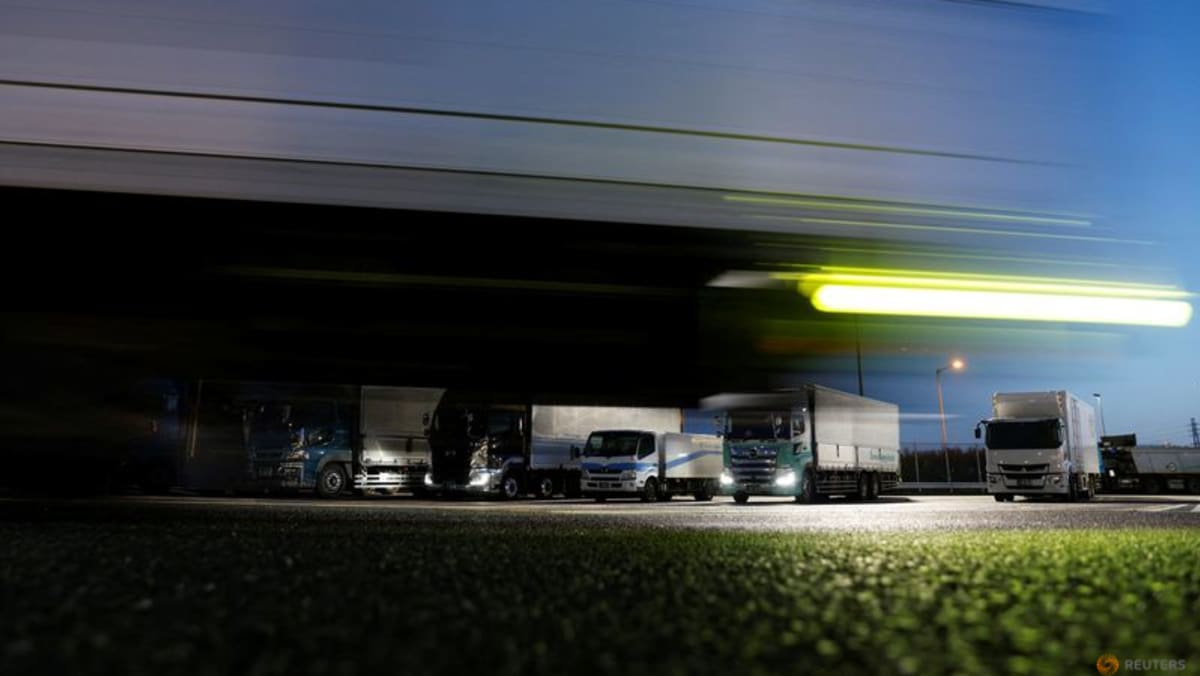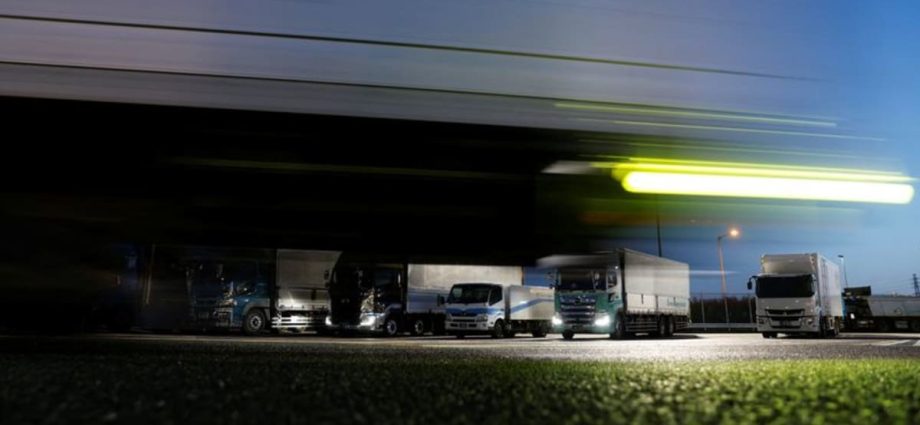
WHERE DOES THE BUCK STOP
In the corporate context, this fear finds expression in various forms: Cash hoarding, risk-aversion, cross-held shares in other listed companies, the tendency to set forecasts low and hope for outperformance and chief executives whose grandest strategic ambition is to survive their time at the top without incident.
The striking thing about this framework of fear is how suddenly vulnerable it all looks, and on multiple fronts. The first of these, in a shift that has not yet been recognised for its truly tectonic nature, is a new edict from the Tokyo Stock Exchange that will in effect force companies to explain why their share-price-to-book-value ratio is consistently low.
The embarrassment factor should, in theory, shake a lot of companies hard. And while the price-to-book metric may not be the best or most consistent gauge of a company’s commitment to better governance and better capital efficiency, it works well as a catch-all identifier of the larger problem.
Japanese chief executives have lived until now without an explicit, sustained pressure (or stock-ownership-related incentive) to raise their share price, or even a clear doctrine that it lies within their powers to do so. Suddenly, the TSE has granted investors permission to hard-boil CEOs on their literacy levels when it comes to cost of capital, and to make inaction the greater fear than a sudden course correction.
Closely linked to that is the need for companies to be more scared than they currently seem to be by the pace of irresistible, and in some cases existential, change. The transformations that will be forced on corporate Japan by artificial intelligence, deteriorating US-China relations and the fact that the country’s most important company, Toyota, appears to have misjudged global demand for electric vehicles are all examples of concerns that should far outweigh the more conventional fear of sudden strategic change. They have yet to do so – at least outwardly – in the C-suites of many companies.
A missing fingertip, however gruesome, may be survivable. The question the incident raises is how bad the injury would have to have been to give up on that day’s deliveries.

